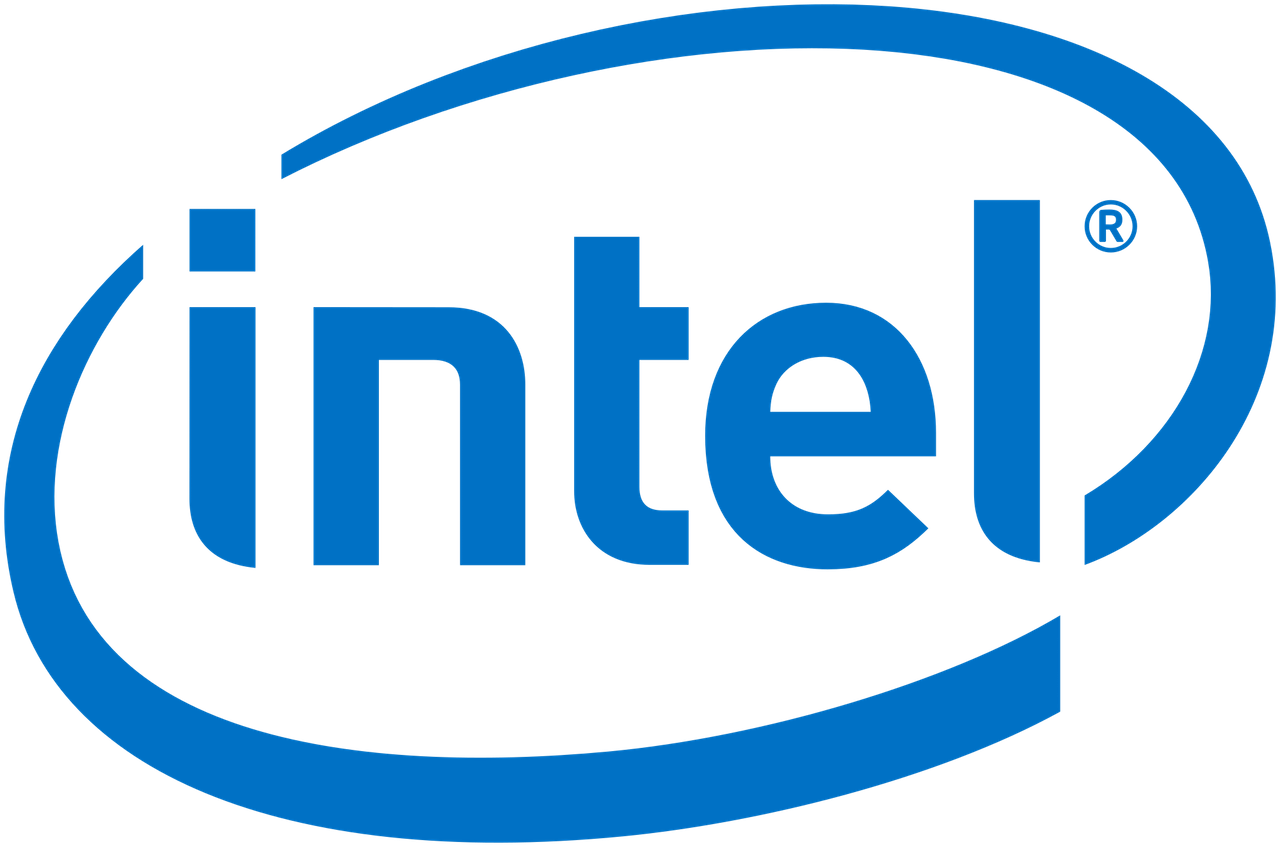
It seems that Intel has announced it is discontinuing its Arduino offerings.
The company announced on 17 July they’re discontinuing their Arduino 101 micro controller board, saying:
Intel Corporation is announcing the timeline for End of Life status for Intel® Arduino 101*.
The products listed on the “Products Affected/Intel Ordering Codes” tables below will be discontinued and unavailable for additional orders after the “Last Product Discontinuance Order Date.”
Effective on “Last Product Discontinuance Ship Date” Intel will stop shipping the products referenced below in the “Products Affected/Intel Ordering Codes” table.
This continues a pattern from the company that apparently began some time ago, as they had previous cancelled other hobbyist-grade electronics products of this type. The recent cancellation was their final hobbyist product.
Microcontroller boards of this form were typically used by hobbyists to build all manner of small devices due to their portability, low power requirements, and certainly the large worldwide community supporting them. Arduino is an open source concept that has been implemented by many vendors, including Intel.
The relationship to 3D printing is straightforward: many startup desktop 3D printer company use Arduino boards as the printer controller. The loss of Intel will shrink their options, albeit only slightly.
It’s not likely that such manufacturers would be terribly inconvenienced by Intel’s absence, as there are plenty of other Arduino sources remaining. However, it is puzzling why Intel would choose to exit this market, effectively cutting them off from the Maker community for an entire category of products.
There are a few possibilities:
Perhaps Intel intended on capturing business from new large companies that grew from the ocean of experimenters, but they determined after some years that this was not occurring.
Perhaps Intel is hurting financially and is simply chopping off low revenue market segments to consolidate operations.
Or, most disturbingly, maybe Intel believes there is little future in the Maker movement.
I’m not sure if that’s the case. It is possible that the maker movement has “topped out” market-wise, with almost anyone who wants to be maker already being one. Lack of growth potential is not a good place to be for any publicly-traded company where stockholders require consistent growth.
Regardless of Intel’s situation, I believe that the Maker movement is still a going concern, and actually quite vital to the development of new products and processes, particularly in the 3D print market. Over the past two years specifically we have all seen the release of tremendously innovative new 3D printing products, using processes unseen previously, processes that may shake the traditional 3D print vendors to the core.
And they were often created by Makers.
Via Intel (PDF)

